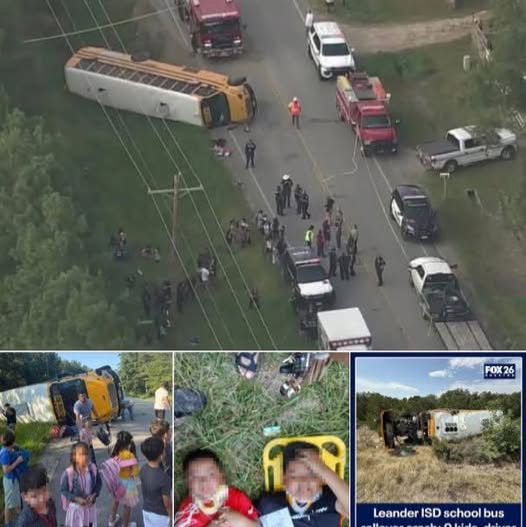
Remembering the Karatu School Bus Tragedy: Eight Years On
Eight years have passed since one of Tanzania’s darkest days — the Karatu school bus tragedy. On May 6, 2017, 32 children, along with two teachers and their driver from Lucky Vincent Primary School in Arusha, lost their lives in a devastating accident that shook the nation to its core.
The Day That Changed Everything
The children were on their way to sit for a mock national exam, an important milestone in their education. But as the bus navigated the winding mountain roads of Karatu district, tragedy struck. On a rain-soaked stretch, the driver lost control, and the bus plunged into a deep ravine.
Rescue teams rushed to the scene, but the scale of the loss was unimaginable. Families, teachers, and entire communities were left shattered.
A Nation in Mourning
News of the accident spread quickly across Tanzania. Radio and television stations broke into their programming, while newspapers carried front-page tributes. President John Magufuli declared a period of national mourning. Across the country, citizens gathered for prayers, vigils, and memorials to honor the children whose lives had ended too soon.
The grief extended beyond Tanzania’s borders, as leaders and communities around the world sent messages of condolence and solidarity.
A Fragile Spark of Hope
Amid the heartbreak, three children — Wilson, Sadia, and Doreen — were miraculously pulled alive from the wreckage, though critically injured. They were later flown to the United States for advanced treatment.
Their remarkable recovery became a powerful symbol of resilience. Their stories inspired hope not only in Tanzania but across the globe, reminding us that even in tragedy, courage and survival can shine through.
Calls for Change
The Karatu tragedy also brought urgent attention to issues of road safety and accountability. Authorities pledged to strengthen regulations for school transport, improve rural roads, and enforce stricter driver qualifications. While some progress has been made, challenges remain, and the accident still stands as a painful reminder of the cost of neglect.
Keeping Their Memory Alive
Today, the memorial site in Karatu continues to receive visitors. Families, educators, and community members gather to lay flowers, light candles, and speak the names of the lost children. They are remembered not only as victims but as dreamers, students, and beloved sons and daughters full of promise.
Eight Years Later
Though time has passed, the grief has never truly gone. It has softened but remains present, transformed into remembrance. Honoring their memory has become both a duty and a source of comfort — a way to keep alive the dreams of children who were taken far too soon.



